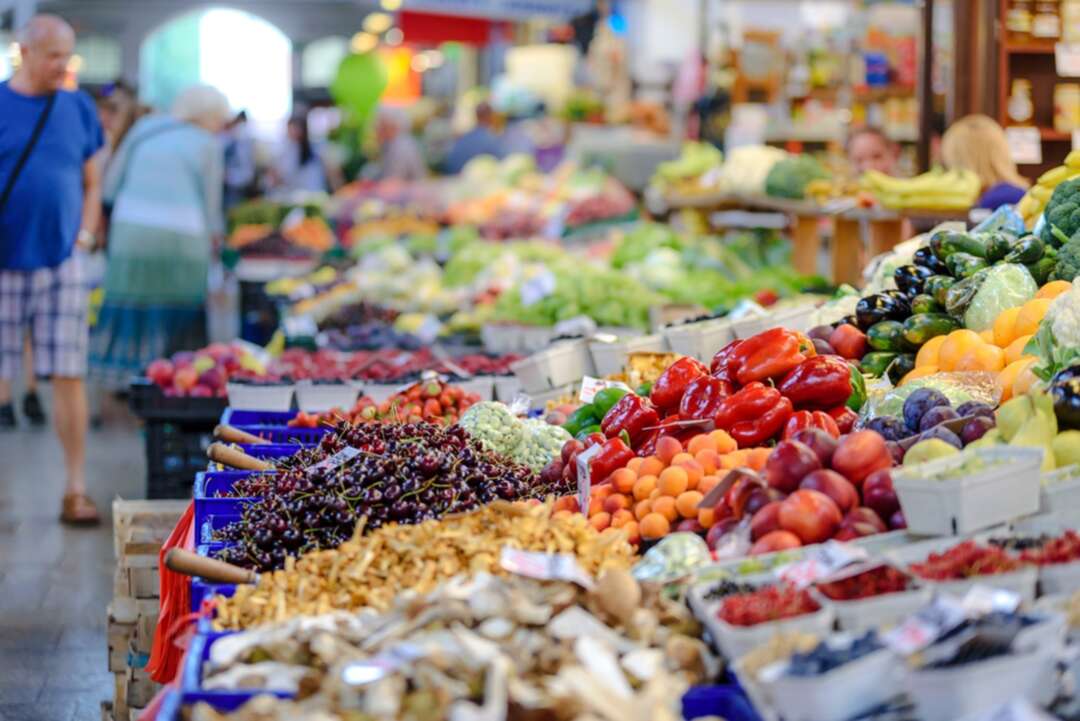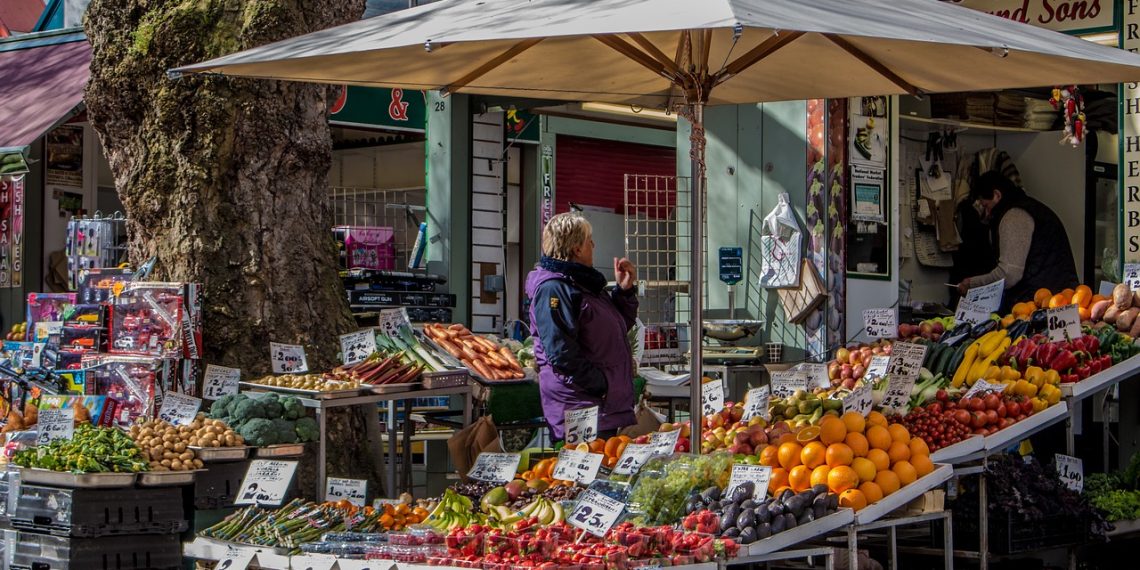-
British households feel more pressure as grocery prices increase 1.7%

With inflationary pressures mounting in the British economy, one Bank of England policymaker on Saturday told households to get ready for early interest rate rises.
A survey published on Monday by pollsters YouGov and consultancy CEBR meanwhile said consumer confidence has fallen to a five-month low.
Kantar said prices are rising fastest in markets such as savoury snacks, cat food and crisps while falling in fresh bacon and vegetables.
Fraser McKevitt, head of retail and consumer insight at Kantar, said: "In real world terms, the average household had to spend an extra 5.94 pounds ($8.08) on groceries last month than they did at the same time last year."

"The typical household spends 4,726 pounds per year in the supermarkets, so any future price rises will quickly add up."
Read more: G20 leaders to discuss humanitarian and security situation in Afghanistan
Kantar first reported grocery prices starting to rise again in August. They rose 1.3% in its September report.
However, Tesco, Britain's biggest supermarket group, said last week that its prices were still falling.
Kantar said UK grocery sales fell 1.2% year-on-year in the 12 weeks to Oct. 3, but were higher than pre-pandemic times - up 8.1% compared with the same period in 2019.
Read more: Coal price records fresh high in China as floods hit country’s key mining regions
It noted that some shoppers' minds are starting to turn to Christmas, with sales of Christmas puddings up 76% year-on-year in the latest four weeks, sales of toys up 5% and sales of gift wrapping products up 10%.
McKevitt said: "It's important to say, however, that these are still relatively small numbers and anxiety around supply issues has not translated to panic buying – festive or otherwise."
Source: usnews
You May Also Like
Popular Posts
Caricature
Syrians' concerns now
- December 10, 2024
Syrians' concerns now #Syria
#Bashar_al-Assad
#Liberation_of_Syria
#Syrians
#Future_of_Syria
#Levant_News

opinion
Report
ads
Newsletter
Subscribe to our mailing list to get the new updates!





















